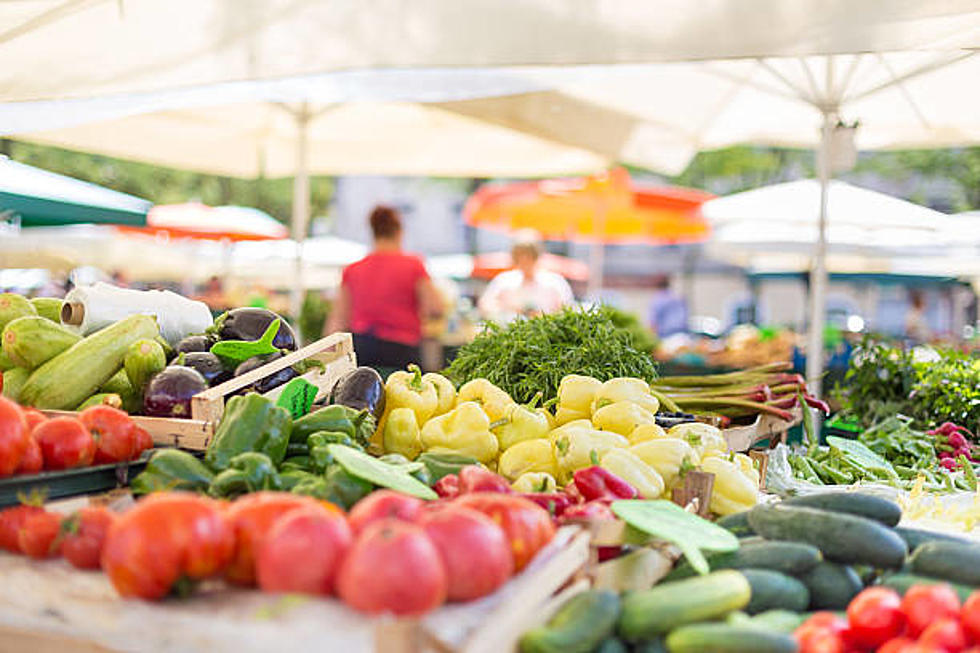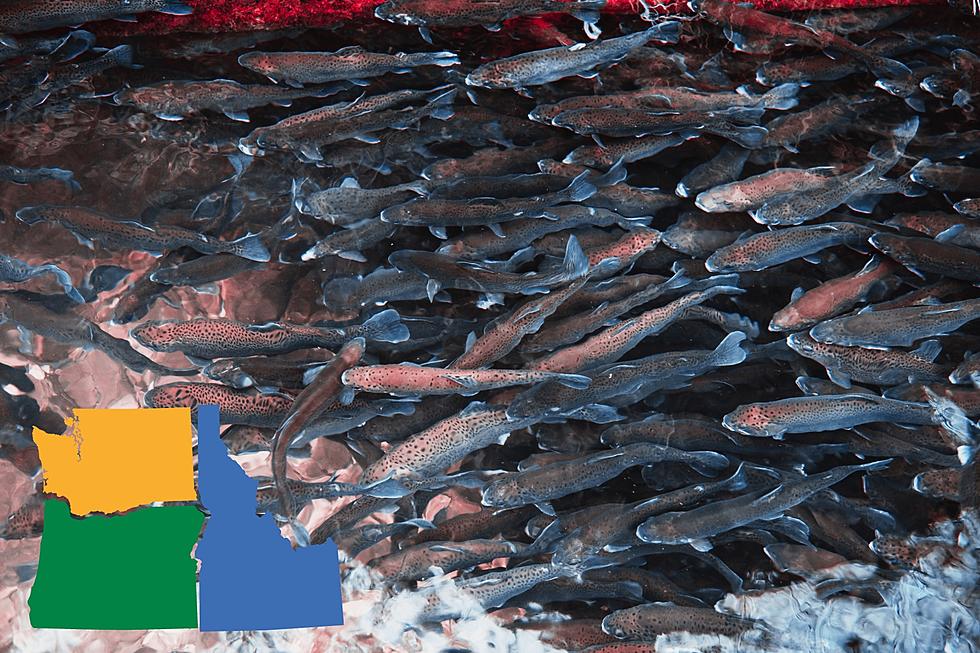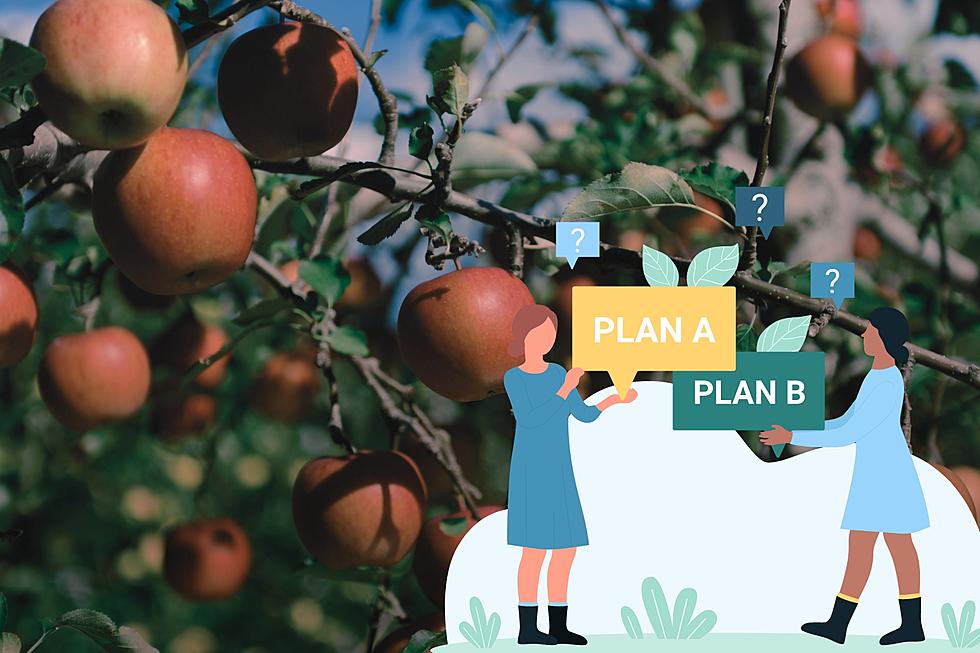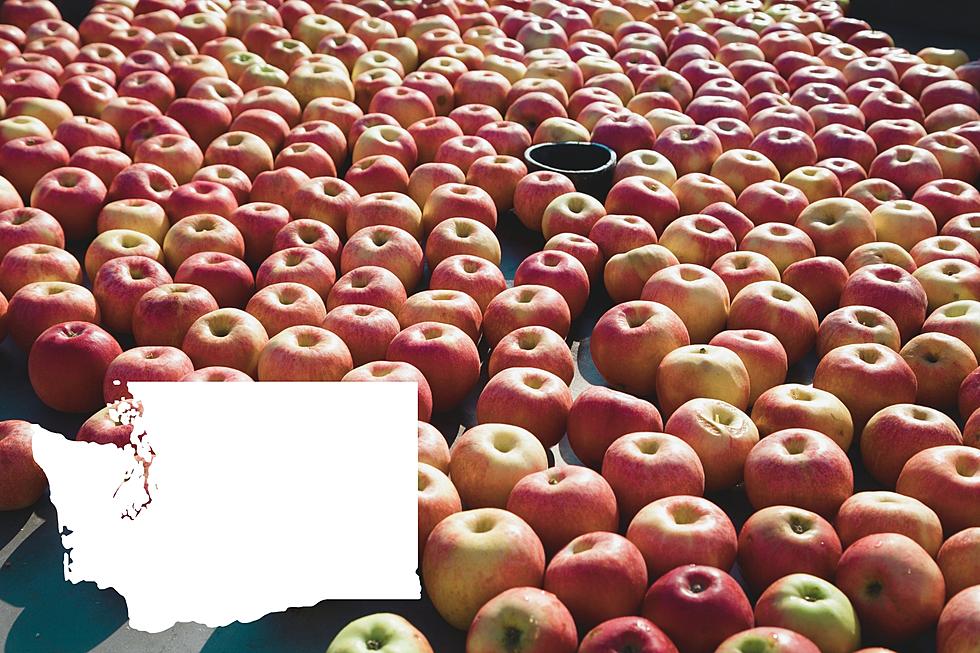
Where To Buy The Best Produce In NCW
You don't have to be a vegetarian to desire the freshest and best-tasting produce you can get your bunny paws on.
Even omnivores, pescatarians, and secretly-green-loving meateaters know there's nothing like an especially-flavorful bundle of asparagus or a super crisp Cosmic apple that lives up to its namesake.
So with all this across-the-board demand for fruits and veggies from dieters of every kind, you might wonder where the best places to procure them are that are closest to you.
There's little doubt that the most favorable spot to find the edible rainbow nearest you is in your own backyard garden. There's simply nothing that even comes close to growing your own food. The process of planting that tiny miracle we call a seed and nurturing it with everything it needs until it rewards you for loving it so much with a perfectly-plump tomato or a magnificent melon is unparalleled in more ways than just the sustenance it provides.
But if you don't have the space or time for a garden, or if your part of the world is in-between growing seasons, where might you be able to snag some produce that would at least come close to tasting as great and making your body feel as good?
Farmer's markets and local produce stands are the next obvious choice. Although most of these, just like your backyard grow, go into hibernation over the winter months.
So if it happens to be after hours or the middle of January, where else might you go to get your artichoke or zucchini on?
In a recent forum on Reddit, many users in the North Central Washington area seemed to favor WinCo as the best option. And while I don't shop there regularly, I can attest to their produce being of decent quality and at very reasonable prices.
Costco on the other hand I would not recommend. Not only do I personally feel like the notion of paying a big corporation upfront just for the privilege to spend money at their stores is ludicrous, I also think the notion of a strawberry that's the size of a tennis ball is a bad idea, given what chemical agents must be required to grow such an aberration.
As far as the other local grocery stores are concerned, they're all okay. Fred Meyer has a good selection and the prices are fair, although they do tend to run short on some items quite frequently.
Safeway and Albertson's are right behind. They're okay too. A little pricey in my opinion and the quality can be hit-and-miss, especially in the organic section.
One place that many hyperlocals really rave about is Plaza Super Jet, and I can see why! I don't go there often, but the few occasions when I do always reveal a surprising variety of stellar-looking produce, some of which is locally sourced. I also hear good things about Martin's Marketplace in Cashmere and a few of the other mom-and-pop stores in the region.
Of course, nothing beats a big city for omnium gatherum. In fact, I was just talking about how I haven't had a rambutan since the last time I went to Uwajimaya in Seattle, and haven't even seen a kumquat anywhere I've been in well over a decade.
But barring the ability to shop at a metropolitan marketplace with a wealth of global influences, it seems you can still chop together a pretty nice salad just by heading to your local supermarket and going through the motions of pushing on the peppers, popping the stems on the avocados, and talking to the carrots to find out which one of them wants to go home with you the most. I do that a lot actually, and almost always find at least one taker.




